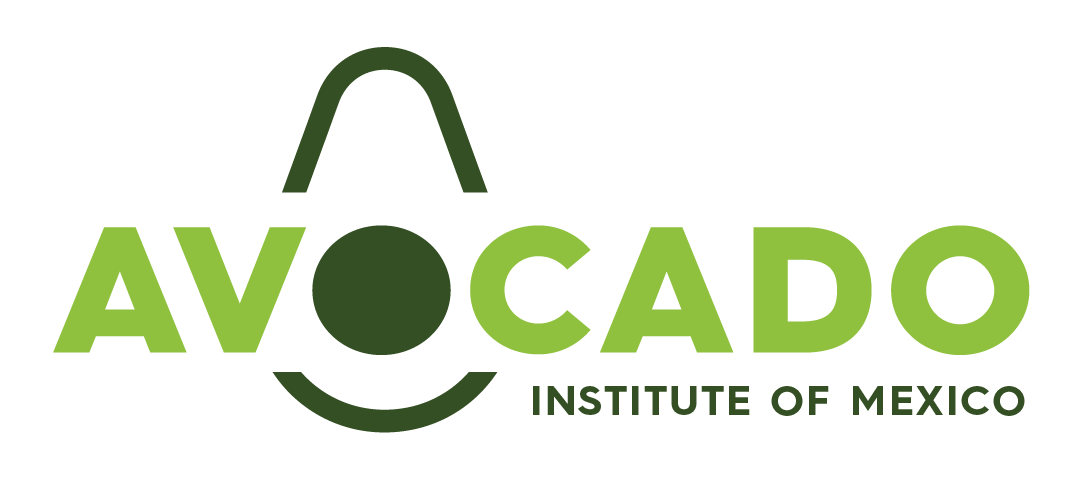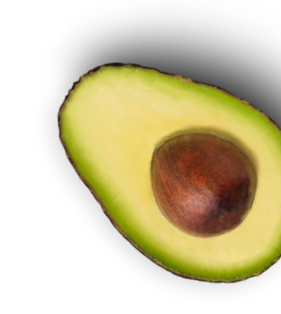How the USDA Moderates Safe and Reliable Practices in the Mexican Avocado Industry

The United States Department of Agriculture (USDA) is responsible for overseeing and ensuring that Mexican avocado orchards and packing houses comply with food safety standards and are pest-free before being exported to the U.S.
Billions of avocados are exported from Mexico to the United States every year, and the demand is only increasing. This high volume of trade between countries means that the avocado industry relies heavily on the United States Department of Agriculture (USDA) to oversee food safety practices that mutually benefit the health, safety, and economies of both nations.
Without the close relationship between the USDA and the Association of Avocado Exporting Producers and Packers of Mexico (APEAM), the export of Mexican avocados to the U.S. wouldn’t be possible in the first place. In fact, APEAM was the product of a 1997 agreement between the USDA and Mexico’s Secretariat of Agriculture and Rural Development (SADER).
Today, the USDA works in cooperation with SADER, and the National Service for Agricultural Food Safety, Health, and Quality (SENASICA). Their involvement helps form and guide food safety regulations followed by the avocado producers and packers of APEAM. These procedures are established in a work plan, signed by the USDA and SENASICA.
The primary function of the USDA is the supervision of work plan participants, ensuring that they are registered for export and are complying with food safety practices. This attentiveness not only certifies that U.S. consumers have access to safe and healthy fruit, but also prevents the spread of pests and diseases across the U.S.-Mexico border.
USDA Regulatory Officers
To confirm that best practices are being executed throughout the orchards and packing houses, 78 USDA regulatory officers and 12 administrative staff systematically conduct sanitary inspections. And because there are always avocado orchards blooming in Michoacán, all 54,000 export-certified orchards will require inspections before they can be harvested or have their crops exported to the U.S.
With all those orchards in need of monitoring, USDA regulatory officers must be deeply committed to their work, often working shifts up to 13 hours long. To ensure their officers can meet their standards, the USDA requires applicants to prove:
- Mexican citizenship
- A degree in agricultural engineering
- A high level of proficiency in English
- A noncriminal background
To ensure reliability and transparency, USDA officers are regularly transferred between municipalities to foster equity between all growers and packers.
Inspections Across the Board
Orchard Inspections
The USDA regulatory officers, accompanied by local Las Juntas inspectors, visit between 15 and 20 export-certified orchards per day to conduct inspections. Their main object is checking for orchard pests that may be infecting the trees or avocados and to prevent them from spreading. Additionally, officers ensure that all activity is being tracked and logged appropriately before being shipped to the packing houses.
Packing House Inspections
In the packing houses, the USDA regulatory officers need to verify that the avocados come from orchards authorized for export. To do so, they look for each shipment’s BICO sticker, a label that accompanies each shipment for traceability purposes. The officer then searches for any physical irregularities in the fruit, ensuring that avocados are whole, unstemmed, and free of odd lumps or colors that might indicate infections. The USDA is also responsible for monitoring the packing of each box and pallet, verifying that everything is properly sealed. They then review and sign the documents that will accompany the shipment to the U.S.
The USDA is a fundamental muscle of the avocado industry. Its attention to food safety, traceability, and quality represents the cooperation between nations and the certification of healthy, reliable, and abundant avocados.










